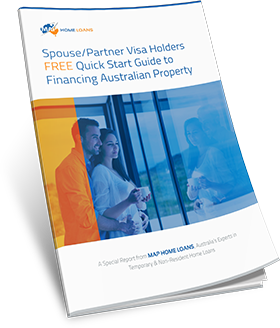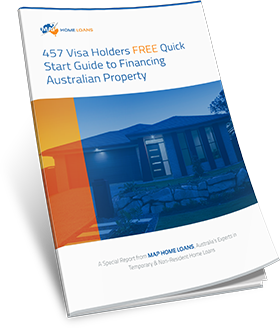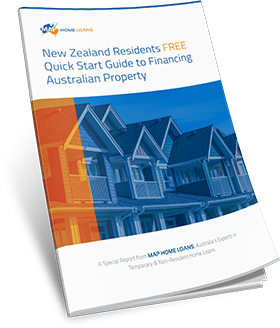How to buy Australian property as an expat or non-resident
Mar 2, 2020 by Craig VaughanThe ABC of buying Australian property as an expat or non-resident When you’re not living in the country (expat) or… Read More
The ABC of buying Australian property as an expat or non-resident When you’re not living in the country (expat) or… Read More
Labor’s negative gearing policy was announced in February 2016. Whilst there has been much debate about the merits of negative… Read More
Did you know that every year people just like you lose money, by not understanding their rental property depreciation entitlements?… Read More
If you are an Australian citizen or permanent resident contracting in the and seeking home loan finance for an Australian… Read More
What is a favourable purchase? As ones parents or grandparents get closer to retirement, they may wish to sell their… Read More
If you are living overseas you will be required to provide certified witnessed copies of ID and certain other supporting… Read More
1. Home Loan options from 35+ major and minor lenders Many mortgage brokers claim to know bank policy but in reality… Read More
Offset Accounts v Redraw Facility or LOC There are many methods for Australian Expats living overseas and those on Temporary… Read More
Negative Gearing This week I thought I would discuss briefly negative gearing and how it applies to expats… Read More

Almost there, please complete the form to request your..

In this Guide, you’ll discover…
Free Report LIVE 2020 WDS

Almost there, please complete the form to request your..

In this FREE phone consultation, you’ll discover…
And, much more – We will answer any of your questions!


In this Guide, you’ll discover…
We guarantee 100% privacy. Your information will not be shared.


In this Guide, you’ll discover…
We guarantee 100% privacy. Your information will not be shared.

Almost there, please complete the form to request your..

In this Guide, you’ll discover…


In this Guide, you’ll discover…
We guarantee 100% privacy. Your information will not be shared.


We allow you to…
We guarantee 100% privacy. Your information will not be shared.


We allow you to…
We guarantee 100% privacy. Your information will not be shared.


We allow you to…
We guarantee 100% privacy. Your information will not be shared.


We allow you to…
We guarantee 100% privacy. Your information will not be shared.

Almost there: please complete the form to request your…
We respect your privacy